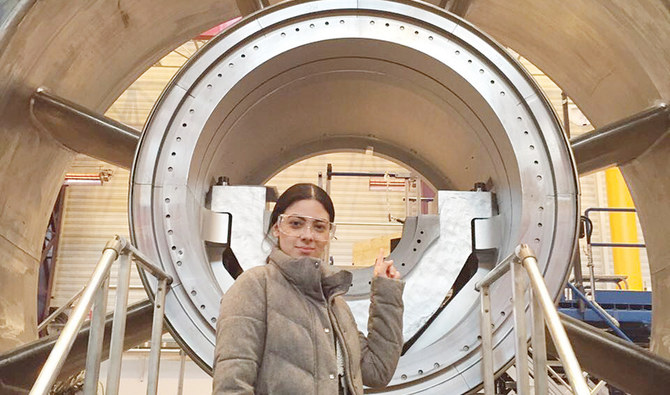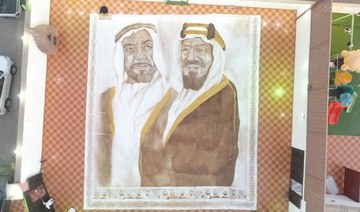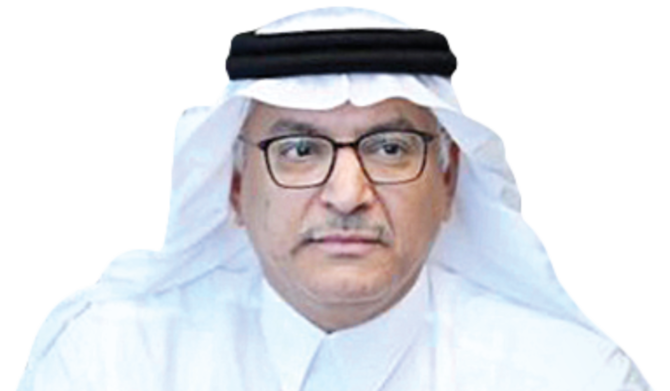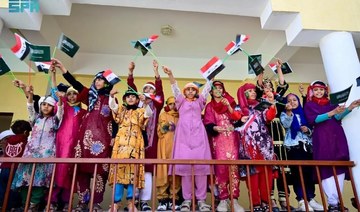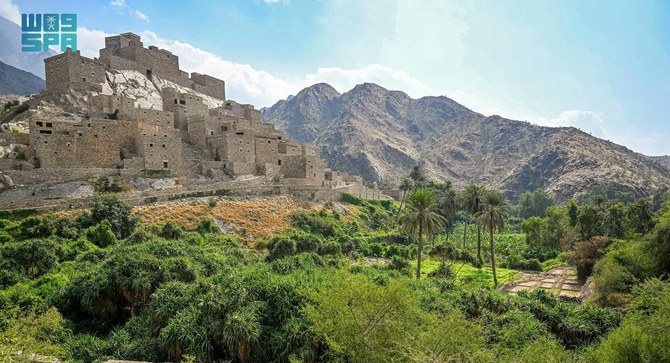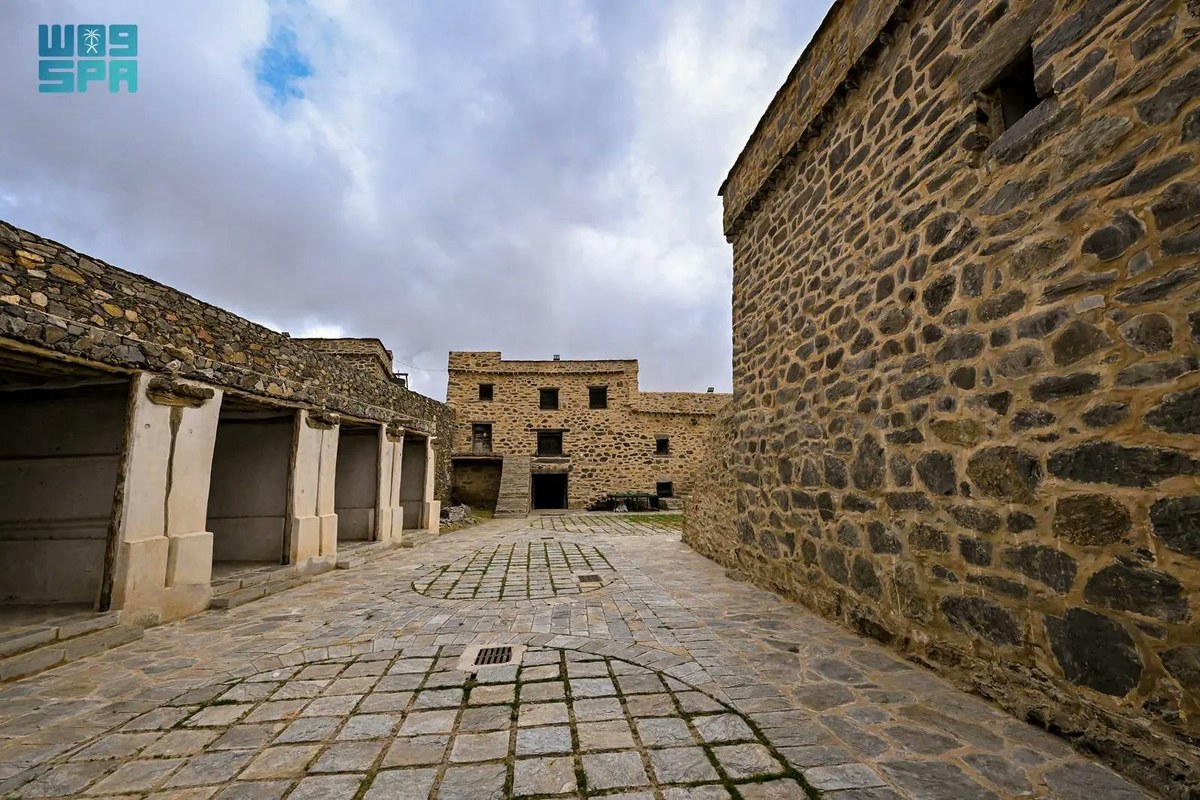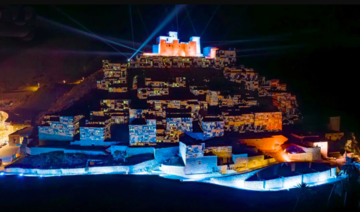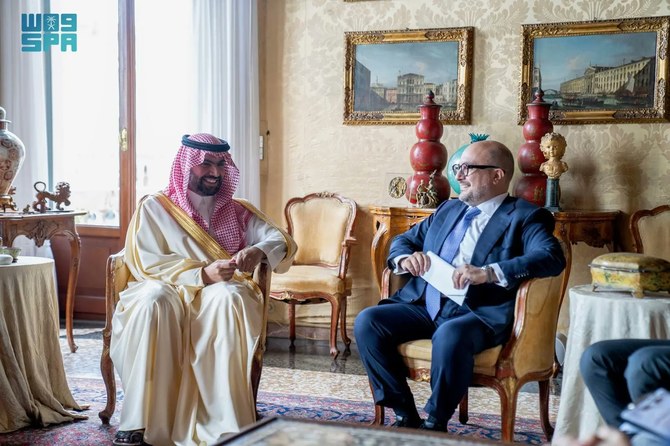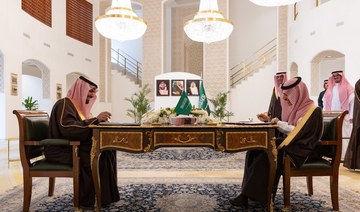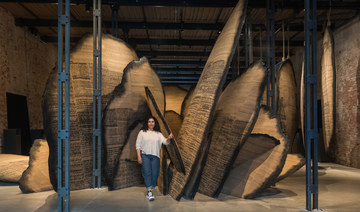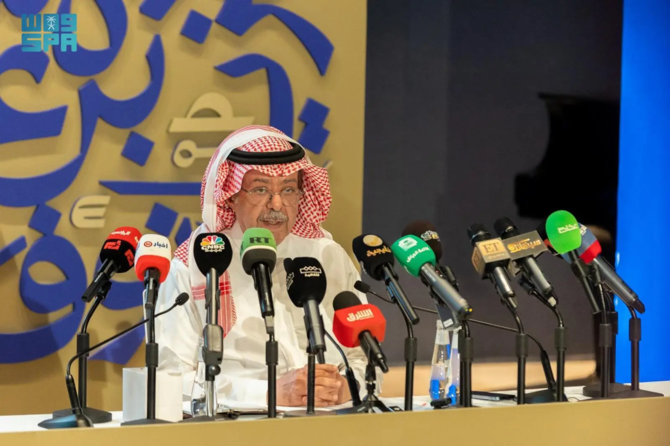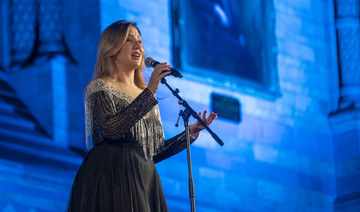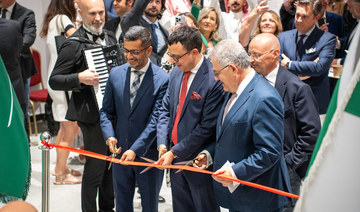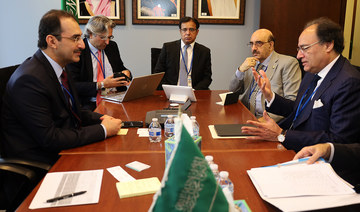JEDDAH: Nour Al-Rammah never expected to work for GE Power because she lacked an engineering degree.
But the Al-Yamamah University graduate managed to overcome this hurdle through perseverance and resourcefulness, as well as writing a 400-page manual for others like her who wanted to work for one of the world’s biggest companies but did not have the technical background.
“I never saw myself reaching there,” she told Arab News, reflecting on her accomplishment of breaking into and succeeding in a competitive and male-dominated environment. “When I studied marketing at university, I expected to land in a marketing company, doing some public relations, marketing and advertising. But I ended up in an engineering company.”
She was born and raised in France until she completed her schooling, returning to Saudi Arabia after 17 years and settling in Riyadh. She attended Al-Yamamah University to study for a bachelor’s degree in business administration, majoring in marketing and finance.
FASTFACT
She was born and raised in France until she completed her schooling, returning to Saudi Arabia after 17 years and settling in Riyadh.
Her path to GE Power, which has been ranked in the Fortune Global 500, was not easy. She wanted to join the company’s elite leadership program, which only selects one candidate in the Kingdom every year. She was rejected the first time she applied. “It’s very difficult to join, and one of the major prerequisites is an engineering background.”
Before that she had taken up a sales and commercial internship with GE Power without really knowing much about the company and what it was offering in the market at the time, although she was familiar with its logo. She had several opportunities that presented themselves to her, but it was the GE Power internship that caught her attention.
“Today in Saudi Arabia, we have more than 500 GE turbines that generate over 50 percent of the Kingdom’s electricity. I could not reject such an offer. I wanted to explore the opportunity and I do not regret my decision.”
When I studied marketing at university, I expected to land in a marketing company, doing some public relations, marketing and advertising. But I ended up in an engineering company.
Nour Al-Rammah
Once the internship ended she could not envision herself working elsewhere, adding: “Because of the amazing experience I got, my objective was just (there’s) no way out. It’s either I take a full-time job in this company or whatever way I could to stay in the company, like extend the internship.”
To secure her position she wrote “Nour’s Book,” a manual for everything GE-related made simple for people without an engineering background.
“What inspired me to write Nour’s Book was to join the elite and most competitive commercial leader program, known as the CLP (Commercial Leadership Program) in GE. I felt so much empowerment to not let this (lack of engineering background) stop me, or be an impediment to me. Instead, I used this 400-page technical handbook to accelerate the technical learning curve, and I made it through the program thanks to the success of this book.”
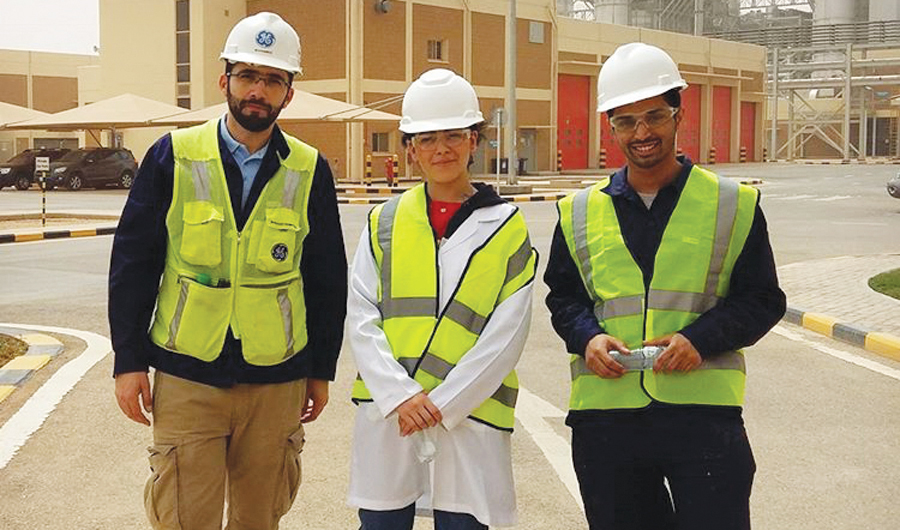
The book discusses GE’s portfolio, products, gas turbines, commercial terms and conditions, customer requests, and acronyms across four chapters.
It is not available for purchase nor is it available to anyone except GE employees. Now, her book is often given to new employees upon entry as a manual.
Another reason she wrote the book was to transfer her knowledge to company newcomers, from trainees to employees.
“I wanted to leave a legacy, a footprint. What did Nour leave behind her to help all these new employees join the power business without having an engineering degree? If I did it, then everybody can do it.”
She also wanted to show GE Global how Saudi women had an opportunity to join the energy sector, achieving her goal through compiling articles, simplifying technical language, and attending internal courses. Whenever she came across something confusing, she would consult GE engineering experts around her or across the globe.
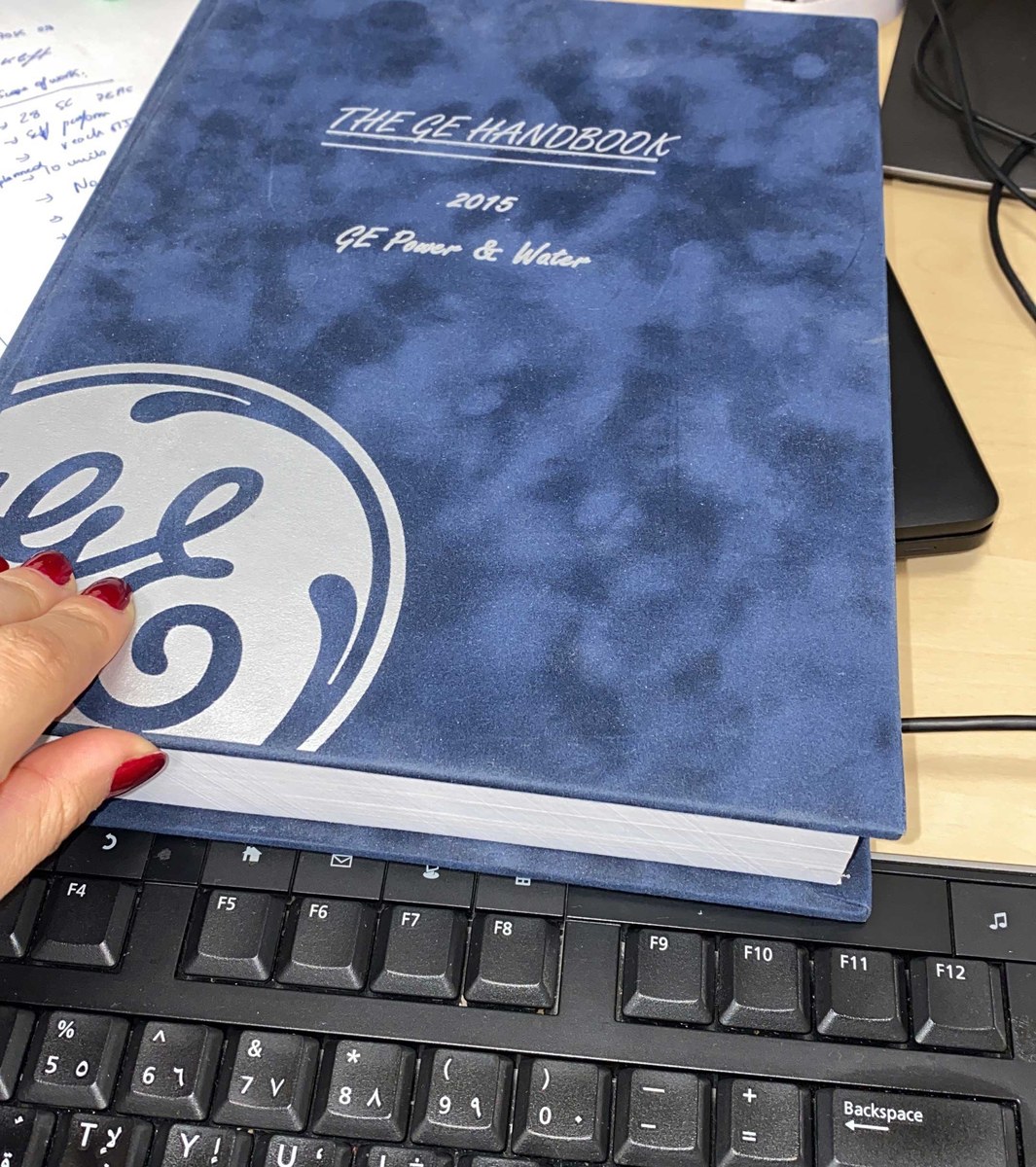
Al-Rammah is a commercial manager with GE Gas Power and said she had never felt inferior to her male coworkers despite being the only woman on the team.
“I feel the equality with my peers. Going to GE for me feels like going to my second home. Believe it or not, I spend more time at the office than I do with my family. I feel empowered by my male colleagues. When I ask for help, they always give me (more) than what I ask. If I need any explanations, they share documents or connect me to the right person. In meetings, my points are always taken into consideration. When I make mistakes, they correct me without leaving me intimidated or they call me after the meeting and correct me. They make sure that I always do better.”
She said that today’s Saudi Arabia was capable of empowering and inspiring women. “We do live in a country that gives golden opportunities to ambitious ladies.”




